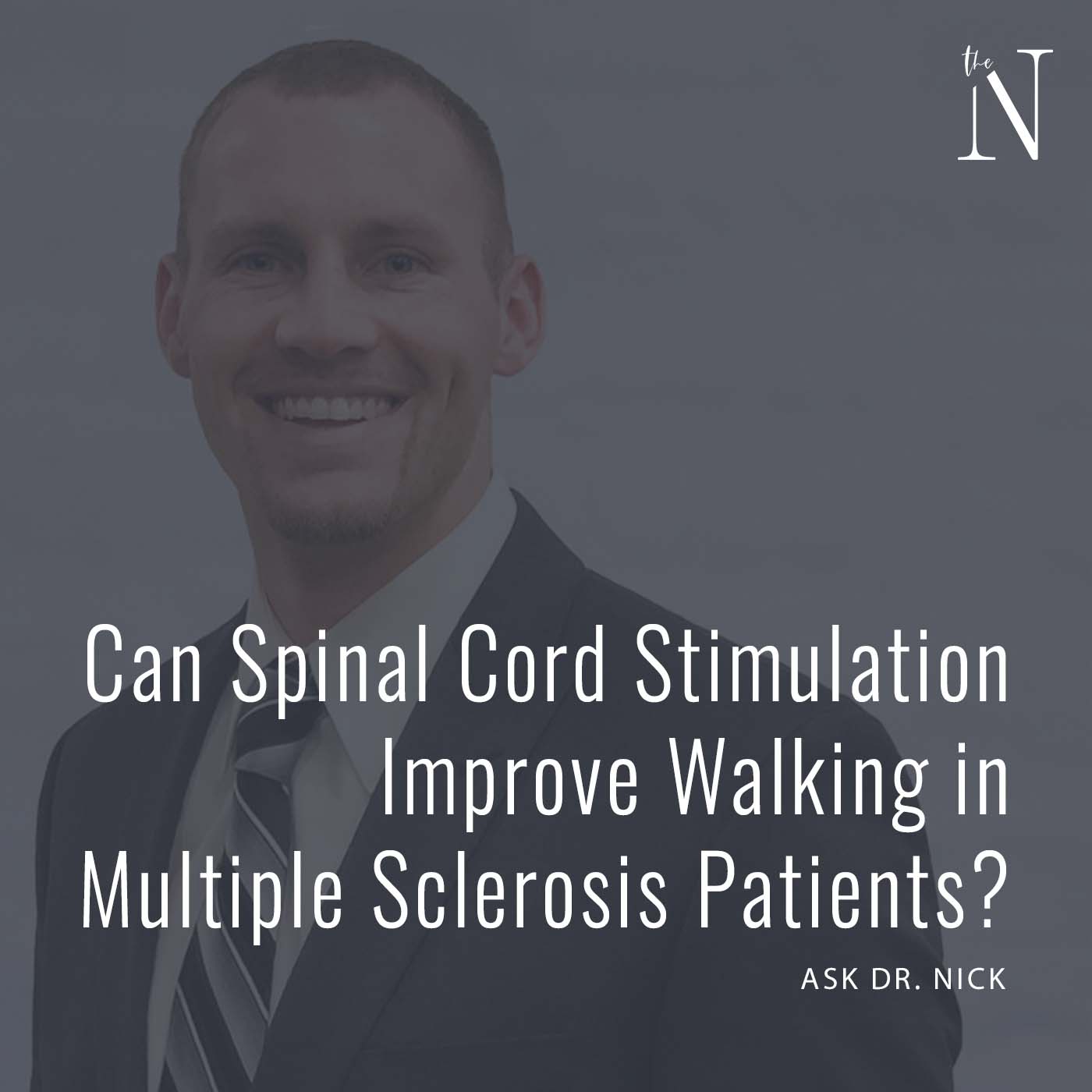Expected Progression
The number of people with Parkinson’s Disease is expected to double over the next 20 years. The lack of understanding of how different each patient with Parkinson’s is and the numerous possible causes for Parkinson’s has led to minimal therapeutic options to help with this condition. Parkinson’s disease is now commonly viewed as an umbrella term describing a large group of disorders with different causes and presentations.
3 Categories of Parkinson’s
From a clinical perspective, Parkinson’s disease can be divided into 3 categories:
- Triggers
- Facilitators
- Aggravators
Each of these factors plays a different role throughout the progression of the disease.
Triggers
Triggers are what start the initiation of the disease process. However, triggers alone, in most cases, are not sufficient enough to spread and significantly impact the brain.
Facilitators
Facilitators are factors that compromise the cells in the body causing them to be less able to deal with triggers and further promote brain degeneration.
Aggravators
Aggravators directly promote and spread the brain degeneration process exacerbating the disease and symptoms.
Triggers of Parkinson’s Disease
The main cause of Parkinson’s disease is largely unknown and genetic forms of Parkinson’s disease are relatively rare. The disease process which causes Parkinson’s disease typically begins decades before any brain degeneration and symptoms. The most common triggers which are thought to produce Parkinson’s disease include the following:
- Environmental toxins
- Pathogens
- Head trauma
- Long-term gut dysfunction
- Chronic inflammation
Commonly the disease process begins in two regions of the body, the nerves which supply your gut and the nerves which receive smell from your nose. Therefore the earliest symptoms many people get with Parkinson’s disease are constipation and decrease in smell, typically years before any tremors or problems walking.
A growing number of toxins, as well as bacterial and viral infections, have been associated with a higher risk for developing Parkinson’s disease. It has been shown that infections in the gut over time can travel up the vagus nerve and enter the brain causing Parkinson’s disease. Other studies have shown that specific strains of gut bacteria decrease the symptoms of Parkinson’s disease, while other strains increase the symptoms. Pesticides have been shown to cause Parkinson’s disease, and studies have shown that exposure to several common. Furthermore, it is important to understand that exposure to more than one type of pesticide increases your risk of developing Parkinson’s disease more than if you were only exposed to one type of pesticide.
Facilitators of Parkinson’s Disease
Facilitators of Parkinson’s disease help the triggers access the brain, and once in the brain, allow the disease process to spread to more areas of the brain. Inflammation is usually present in both the body and the brain with those who have Parkinson’s disease. Inflammation can interact with both your genes and cells and promote the process of Parkinson’s disease. Anti-inflammation treatments have been shown to reduce the risk of developing Parkinson’s disease. Mitochondrial dysfunction also facilitates the process of Parkinson’s disease. The mitochondria are the small areas in the cells in your body that make energy for the cells. They are considered to be the power-plants of the cells and when they become dysfunctional, the cell loses energy to perform the jobs it is supposed to do. Mitochondrial dysfunction commonly occurs as a result of what is known as “oxidative stress” and many therapies on the market attempt to reduce the amount of oxidative stress in the body.
Aggravators of Parkinson’s Disease
Aggravators directly contribute to the progression of Parkinson’s Disease and exacerbate cognitive and balance dysfunction. Impaired autophagy is one aggravator in Parkinson’s disease. Autophagy is the cell’s ability to remove the waste from inside of the cell to outside of the cell. You can think of autophagy as sanitation workers or the waste management company. Failure of the cells to remove the waste has been shown to increase the disease progression. Specific dietary fasting has been shown as a method to improve autophagy and hopefully reduce the progression of the disease. Inflammation of the brain is associated with the progression of Parkinson’s Disease, where the immune system of the brain is overactive. Brain inflammation has been shown to be a predictive factor in the development of cognitive symptoms in Parkinson’s disease.
At Neurologic Wellness Institute we appreciate the fact that everyone is unique and each of our patients has to be assessed and managed uniquely. This is why we perform a 3-hour initial evaluation to ensure we can best help those who trust us with their health. For more information contact: https://neurologicwellnessinstitute.com/contact/
Johnsons et al. Triggers, facilitators, and aggravators: redefining Parkinson’s disease pathogenesis. Trends in Neuroscience. 2019;42(1).






